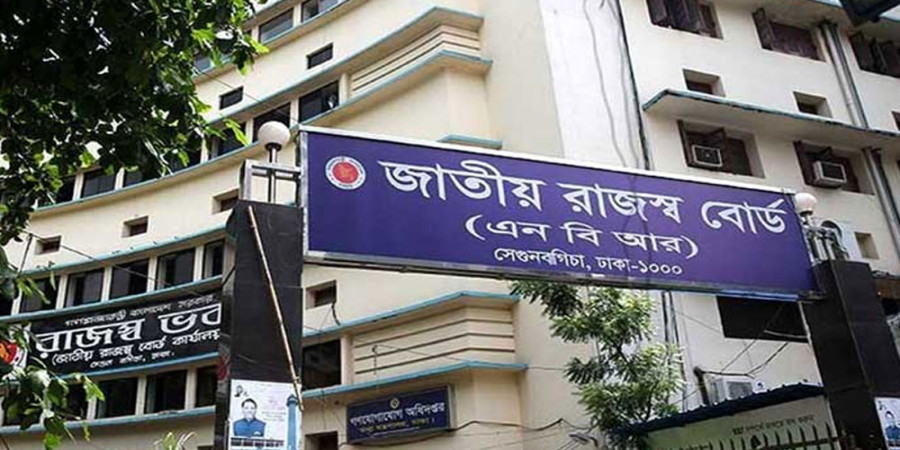
ছবি: File photo
The government has increased VAT (Value Added Tax) and supplementary duties on more than 100 products and services in the mid of the 2024-25 fiscal year. This move is expected to raise the cost of daily living and may worsen inflation, placing additional financial pressure on consumers. A notification regarding the tax hikes was issued on Thursday.
Starting from Saturday, new VAT and supplementary duty rates will be applicable on products like mobile phone usage, internet services, tissue papers, grapes, apples, watermelon, ready-made garments, restaurant bills, sweets, LPG gas, hotel rents, and eyeglasses. These changes will see the VAT rates for products like restaurant services, biscuits, cakes, pickles, tomato sauce, clothing, tailoring services, toilet tissue, napkins, towels, sweets, driving licenses, non-AC hotels, glasses, sunglasses, motor workshops, and lubricant oils rise from 5% to as high as 15%.
Additionally, VAT on certain industrial products like electric transformers, steel coils, limestone, and dolomite has also been increased from 5% to 15%.
The rise in VAT on commercial pharmaceutical products will lead to higher prices for medicines. The VAT rate for medicines has been raised from 5% to 7.5%.
Furthermore, the VAT on printing services, cinema tickets, repair and servicing, and cleaning services has increased from 10% to 15%. The rise in excise duty on airline tickets will also increase the cost of air travel.
The price of mobile phone and internet services will also go up due to increased supplementary duties. The supplementary duty on mobile phone usage has been raised from 20% to 23%, meaning the combined taxes, VAT, and surcharge on mobile phone usage will rise from 39% to over 42.45%. The 10% supplementary duty on broadband internet services will likely lead to higher internet bills as well.
Experts have stated that the government’s decision to increase taxes on more than 100 products and services mid-fiscal year comes as part of meeting the conditions for the $47 billion loan provided by the International Monetary Fund (IMF) to Bangladesh.
Mohammad Mostafizur Rahman, Senior Fellow at the Centre for Policy Dialogue (CPD), said that raising taxes at this point, when the country is already facing high inflation, will put additional financial stress on people, especially the low-income and middle-class groups, whose real income is already decreasing. He warned that the new tax increases will further burden these groups.
Md. Emdadul Haque, President of the Internet Service Providers Association of Bangladesh (ISPAB), expressed concerns about the negative impacts of the new tax increases. He stated that the new rates will harm businesses, reduce service quality, and lead to increased costs for consumers. He called on the government to reconsider its decision, as it could significantly impact the quality of internet services in the country.
S. M. Nazrul Hossain, Vice President of the Consumers Association of Bangladesh (CAB), criticized the government's decision to raise taxes and duties in the middle of the fiscal year, calling it an unprecedented move. He pointed out that while the government claims the higher taxes will mainly affect non-essential goods, the ultimate burden will fall on consumers.
The increased taxes and duties on a wide range of products and services are expected to have a cascading effect on the prices of essential items, putting further strain on households already struggling with rising living costs.
repoter






